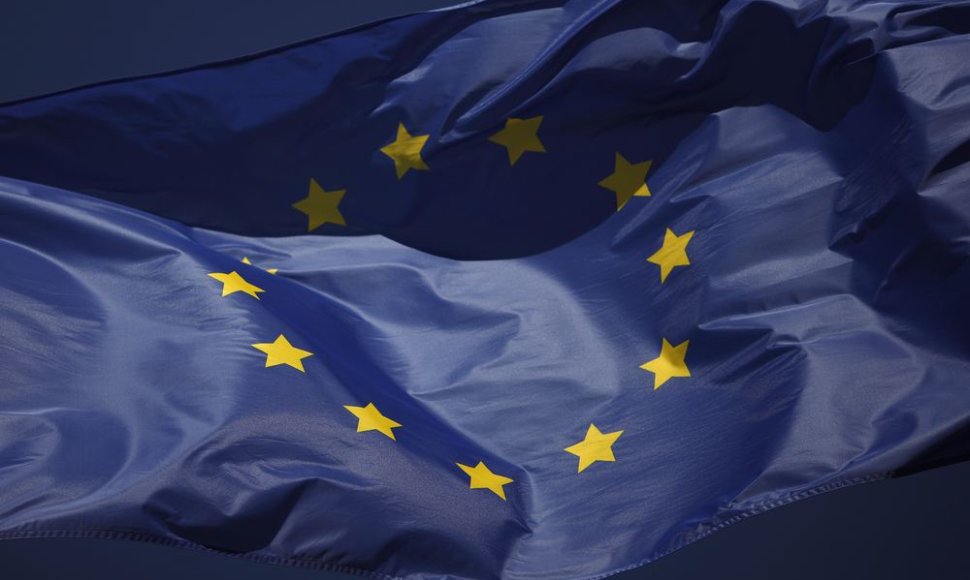"Compared to this financial perspective, Lithuania gets LTL 4 billion more, which is almost 10 percent, than we got now. It means that based on the current prices, we'll get LTL 44.5 billion for Lithuania for the whole seven years," the president old BNS.
According to the president, EUR 450 million from the EU budget will go to the decommissioning of Ignalina nuclear power plant, and the conclusions state that funding is provided based on the Treaty of Accession to the EU, "which means that funding for the decommissioning of Ignalina nuclear power plant will continue beyond 2020 as well."
The president also said that around LTL 25 billion are allocated for Lithuania as part of the cohesion policy. EU leaders also confirmed that direct payments to farmers should reach EUR 195 per hectare by 2020.
The EU heads of state and government managed to reach agreement on a budget of more than EUR 900 billion following a sleepless Friday night.
Grybauskaitė underlined that Lithuania managed to get more despite a general cut to the budget which was backed by several largest members, including the UK. According to the president, compared to the original proposal, the EU budget was reduced by EUR 33 billion.
"I would like to express my delight over the fact that despite tough talks and a big cut to the budget, Lithuania managed not only to retain its positions but to also improve them," the Lithuanian president said.
Under the approved budget, the EU financial aid to Lithuania's agriculture – direct payments and rural development – should go up to 17.2 billion litas, indicating a rise by 30 percent from 13.3 billion litas in the 2007-2013 budget.
Lithuanian farmers who will receive 142 euros per hectare for 2013 next year said they were not happy with the plans to receive 196 euros in 2020 only – they had demanded the raise at an earlier date. Lithuanian officials told BNS that the 196 euros in 2020 would be "close to the 75 percent of the EU average."
The 25 million litas in cohesion policy payments will be about 5 percent higher than the 2007-2013 payments. The budget also contains a provision that the ceiling for structural support for the Baltic states should be 2.59 percent GDP as an exception to the general rule that support cannot exceed 2.35 percent GDP.
In comment of the funding planned for the Ignalina Nuclear Power Plant closure, Grybauskaitė emphasized that had failed to spend about 300 million euros from more than 800 million euros in the earlier budget.
"Please be reminded that we failed to spend about 300 million euros in this financial perspective, we will be allowed to transfer the money for later. Consequently, Lithuania will have 750 million euros for the 2014-2020 period," the president said.
Prime Minister Algirdas Butkevičius said in comment of the agreement that "Lithuania received more than one could expect." His comment was communicated to BNS by his spokeswoman Evelina Butkutė-Lazdauskienė.
"The agreement is certainly significant to all of the EU, and it is a truly great achievement for Lithuania that received more than one could expect. Some 450 million euros were granted for Ignalina closure with a perspective that the financing would continue after 2020, just as Lithuania wanted, and it is a superb outcome of the negotiations," Butkevičius was cited as saying.
The new EU multi-annual budget harmonized by the European Union Council is yet to be approved by the European Parliament.
In the Lithuanian president's words, the negotiations with the European Parliament will be difficult but the numbers envisaged for Lithuania should remain unchanged. She said budget harmonization among institutions "is more about horizontal policies but do not affect positions agreed by member-states."
"Lithuania does not risk losing anything. The negotiations will certainly be hard and different, the European Parliament is demanding and strict and we fully understand this. However, we should also understand that the negotiations took place amid a very tight financial situation in some countries and this is why the EU budget is generally smaller than it was in the earlier financial perspective," Grybauskaitė told BNS.












